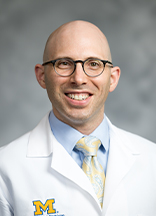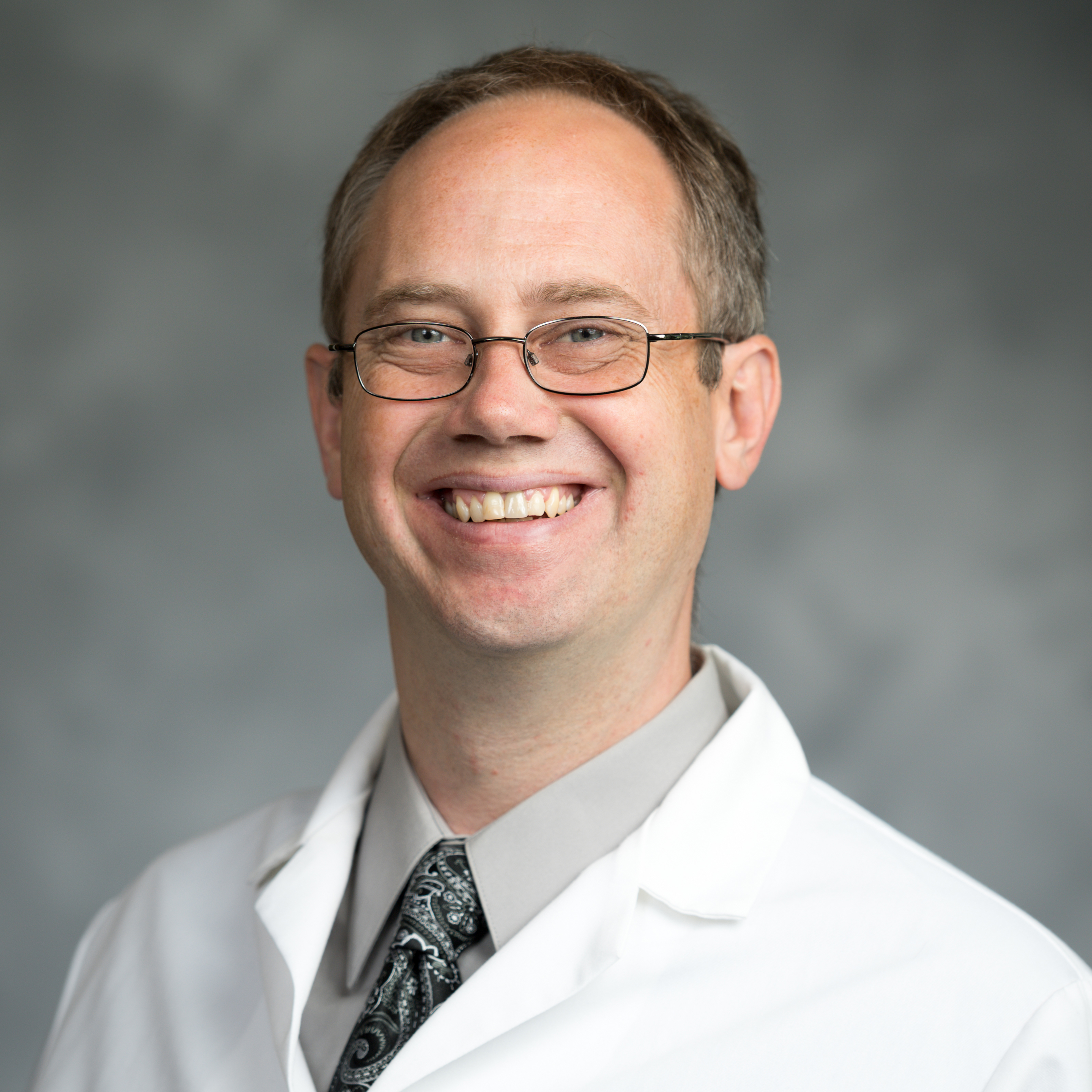Two leaders in the field of ALS research have been recognized by the National Institutes of Health (NIH). As the oldest and largest grant from the NIH, an R01 is a major step forward in the career of any medical researcher. Pranger ALS Clinic Director Stephen Goutman, M.D., M.S., and Associate Professor Benjamin Murdock, Ph.D., two faculty in the NeuroNetwork for Emerging Therapies, just received their first such grant as principal investigators in a major, multidisciplinary study of the devastating disease.
“We are very proud that the scientific accomplishments of Drs. Murdock and Goutman have been acknowledged by the NIH,” said Dr. Eva Feldman, the director of the U-M NeuroNetwork for Emerging Therapies. “They have done amazing work in opening up new vistas in our understanding of ALS and pointing the way to potential new treatments for the disease. This new grant will allow them, working with colleagues throughout the University, to push their research to even greater heights.”
The grant will explore the mechanisms behind the sex-based differences in the immune system of ALS patients, which will help drive the development of more successful personalized targeted therapies. (The study’s official title: “Creating a foundation for personalized age- and sex-based immune-targeted therapies from an ALS longitudinal cohort by identifying peripheral and central immune signatures.”)
ALS is a progressive motor neuron disease that causes weakness and death within 2-4 years. There is no cure, so identifying new therapeutic targets is critical.
Past studies have found that ALS is closely linked with age and sex. Globally, peak incidence occurs between 60 and 75 years of age. The U.S. National ALS Registry (coordinated by the Centers for Disease Control) reveals that men under 60 account for 31.1% of ALS cases and moves closer to 40% when they pass 60. However, women under 60 only account for about 5% of ALS patients, but when they reach menopause and 60 years of age, this number skyrockets to closer to 30%.

“This grant has a three-prong approach to probe the questions of sex, the immune system and ALS,” explained Dr. Goutman. “Answering them will aid us in the development of novel, evidence-based therapies to treat the disease.“
According to Dr. Goutman, the three primary aims of the study are:
#1: Identify specific immune profiles that associate with ALS progression and survival rates.
#2: Evaluate the effects of sex hormones on ALS immune profiles, progression, and survival.
#3: Identify immune profiles and cellular pathways that are most toxic to motor neurons and associated with central inflammation.
Drs. Goutman and Murdock will be joined by a team of multidisciplinary leaders to uncover these secrets. In addition to Dr. Feldman, the research power group includes Dr. Richard Archus from U-M’s School of Pharmacology, who will assist with hormone treatment. Imaging will be provided by Dr. Peter Scott, director of PET Chemistry. Biostatistician Dr. Lili Zhao from the School of Public Health will round out the U-M team. Dr. Junguk Hur from the University of North Dakota will provide computational modeling for the study.

“Not only will the results from this grant provide a huge advance in our understanding of how the immune system affects ALS progression,” explained Dr. Murdock, “but it also will give much needed attention to how age and sex contribute to the disease, a grossly understudied area across the board.”
